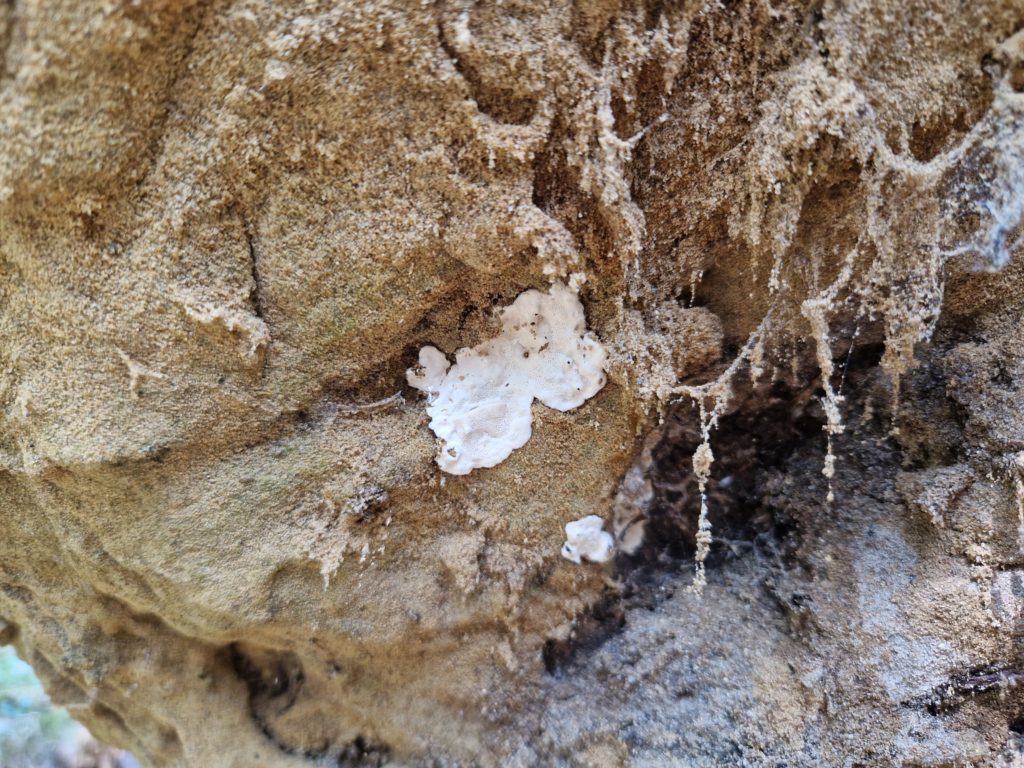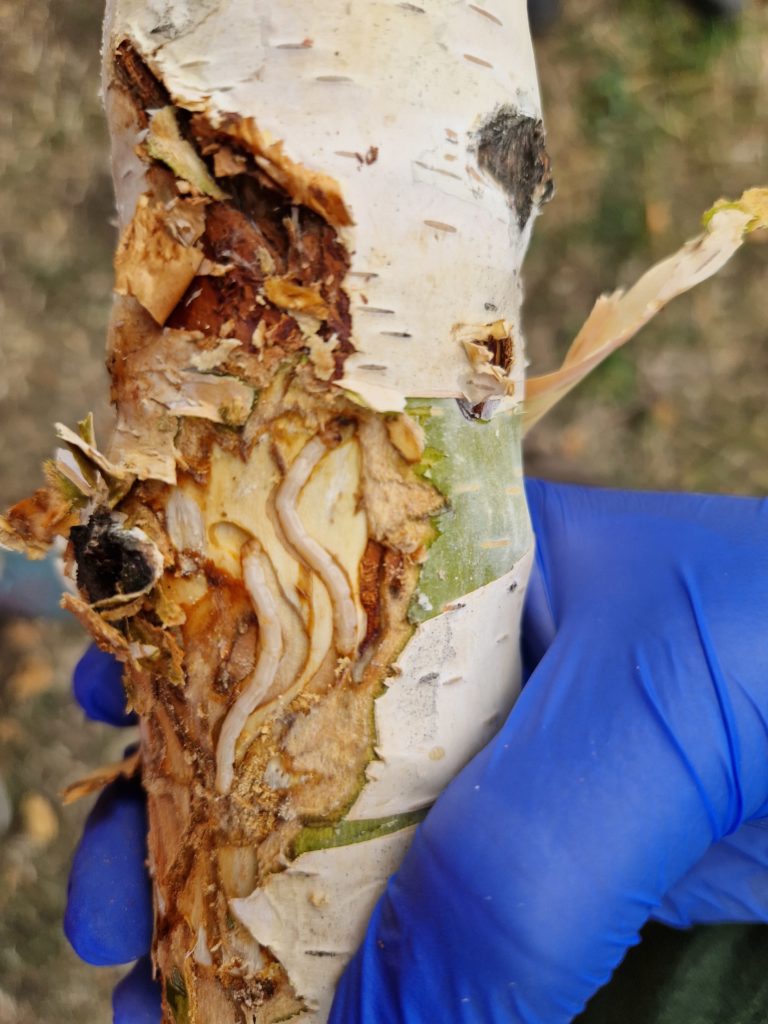The Lab
Our lab is interested in studying the biology, ecology and epidemiology of native and non-native tree pests and pathogens that are causing economic and ecological damage to our forests.
Our research has a strong stakeholder focus for managing forest diseases in order to ensure multiple ecosystem benefits from forests and protect biodiversity associated with threatened tree species.

Advanced Research in Forest and Urban Tree Care
We work with a variety of damaging agents affecting broadleaf and conifer tree species in forests and urban settings. Our diagnostics lab uses classical and cutting-edge molecular techniques to detect and identify damaging agents of trees. Our research broadly focuses on:
- Understanding the diversity, frequency and consequences of forest pathogens
- Interactions of trees with fungi and fungal-like (oomycete) organisms, including host symbioses and tree defense mechanisms.
- Abiotic disturbances influencing pathogen prevalence and effects on tree responses
- Development of tools for improved detection and monitoring, and strategies for improved integrated pest management in forests
- Host-chemical analyses influencing infection and resistance biology of trees
- Practical disease control applications to reduce long-term damage

